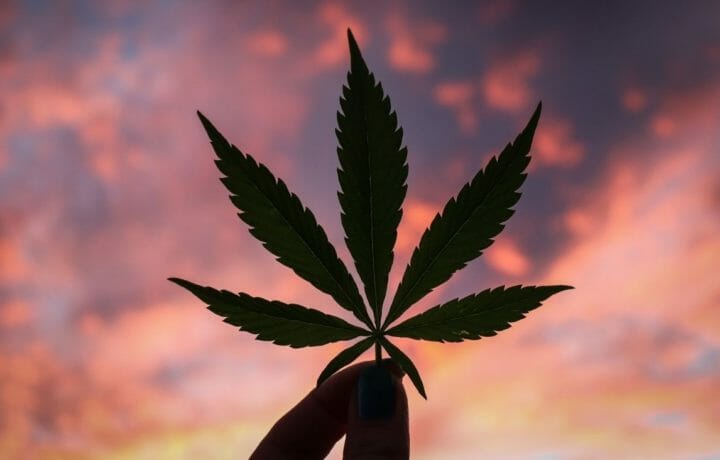In December, the Office of the Director of National Intelligence issued clarifying guidance about drug use for security clearance applicants. In the wake of a growing number of states legalizing recreational marijuana use, the policy notes that prior drug use should not be determinative in making a security clearance decision. A case reviewed by the Defense Office of Hearings and Appeals (DOHA) throws caution to recent drug users considering a national security career, however.
True or False: ODNI’s Drug Guidance Means Past Marijuana Users Can Breathe Easy
The DOHA appeal notes an applicant who was in his 40s and had been working for a defense contractor for 14 years. The applicant lived in a state where marijuana was legal under state law, and for a period of about six years, the applicant and his wife used marijuana. Upon the advice of a doctor, the applicant used vapes, edibles, and rubs for insomnia and pain management.
Initially upon applying for clearance eligibility, the applicant seemed confused as to whether or not he would need to discontinue his drug use. In an April 2020 security clearance application, the applicant disclosed his drug use and indicated he would continue to use it. It wasn’t until the applicant received a statement of reasons and discussed his drug use with an attorney that he indicated he would abstain from drug use. He last purchased drugs in December 2020 and used them in January 2021. Both the applicant and his wife have since stopped using marijuana and indicated they would continue to do so.
State vs. Federal Law
The initial DOHA judge decision was in favor of the applicant and granting eligibility to access classified information. The judge cited state laws legalizing marijuana as a mitigating factor. The judge stated, “I do not cite these facts because I condone marijuana use; I do not. I cite them to provide context to the world Applicant lived in when he made the decision to use marijuana for medicinal purposes, and why it took so long for him to stop.”
Security clearance decisions aren’t made in a vacuum, however, and they’re not made without a chance for the government to appeal, as well as the applicant. Department Counsel appealed the judge’s initial decision, and a DOHA review board reversed the initial decision, denying the applicant’s eligibility. Their reasoning? The fact that the applicant did drugs in accordance with state laws and failed to adhere to federal drug policy.
“In this case, the evidence establishes that Applicant knew throughout the period of time he was using marijuana that it was prohibited under Federal law. He continued to purchase and use marijuana after applying for a security clearance and after being adequately placed on notice that such conduct was inconsistent with holding a security clearance,” the appeal board stated.
There were two key factors in the appeal board’s decision to revoke eligibility – the use of marijuana in states where it was legal but in contradiction of federal law, and the fact that the applicant (honestly) indicated he would continue using marijuana while holding a security clearance – in both cases, the court is relying on the applicant to have a broader understanding of security clearance policy and the supremacy clause than the average clearance applicant typically has.
False: Drug Users Still Can’t Breathe Easy when it comes to obtaining a clearance
This was the common warning we saw issued after ODNI provided its guidance – just because the recommendation is to make sure drug use alone isn’t a disqualifying factor doesn’t mean it won’t be considered a harbinger of broader personal conduct or trustworthiness issues. In this case, the DOHA board called up the applicant’s awareness that drug use remained illegal under federal law as an issue. Ignorance may be bliss – and in this case, it would have benefited the applicant. But knowingly violating federal law became a factor in DOHA’s decision to deny clearance eligibility. The applicant was perfectly honest in his initial application – stating he would continue to use drugs because he didn’t realize he couldn’t.
At face value, it may seem like a no-brainer – the applicant should have known marijuana use would be a disqualifying factor. But considering it was used at the recommendation of a doctor and in states where it was legal at the state level indicate the sticky wicket conflicting marijuana laws are having for clearance applicants. The SF-86 asks about drug use – it doesn’t say that it’s prohibited. The obligation is on the applicant to know the clearance adjudicative criteria – or for their security officer to advise them before they apply.
The applicant’s chances of obtaining a clearance aren’t sunk – he’ll be able to re-appeal after a year, and a year of abstinence should certainly be considered favorably in the determination. For now, it’s applicant be aware – just because ODNI is looking to make the path to a government career easier for prior drug users doesn’t mean it’s a toke in the park.




